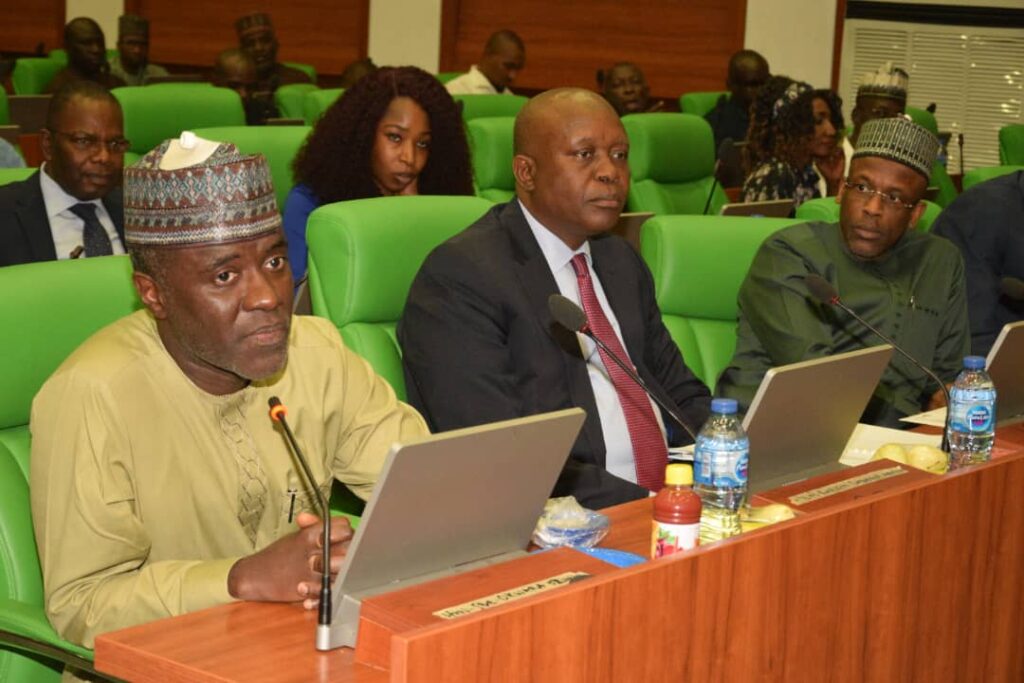…attributes low revenue in 2024 to lack of 5G Sales
By Gloria Ikibah
The Nigerian Communications Commission (NCC) has set a revenue target of $1 billion in 2025, leveraging the introduction of 6G spectrum and other advanced technologies.
This was disclosed by NCC’s Chief Executive Officer/Executive Vice Chairman, Aminu Maida, and Director of Financial Services, Yakubu Gontor, during the 2024 budget review and 2025 proposal defense before the National Assembly Joint Committee on Communications on Thursday, in Abuja.
For 2025, the NCC projects a total revenue of N272.433 billion, with key components including, N205.7 billion from operating levies, N49.784 billion from spectrum fees and additional revenue from other sources.
On expenditure, the NCC plans N95.668 billion for recurrent expenses, N10.735 billion for capital projects and N30.13 billion for special projects. The total projected expenditure stands at N136.534 billion, with an estimated N120.836 billion to be remitted to the Consolidated Revenue Fund (CRF).
Maida revealed that in 2024, the NCC generated N195.8 billion, with N111 billion remitted to the CRF. The breakdown of earnings included, N137.6 billion from annual operating fees and N26.4 billion from spectrum fees. But the NCC said it fell short of its N292.3 billion revenue target for the year, primarily due to the inability to auction a slot of the 5G spectrum.
Gontor explained that telecom companies’ reluctance to purchase additional 5G spectrum licenses significantly impacted revenue.
He however noted that two major operators already hold 5G licenses but are underutilizing them, and the third-largest operator, expected to buy a slot, opted out, citing business expansion priorities.
Additionally, despite a 50 percent increase in telecom tariffs, the NCC does not anticipate a major revenue boost from spectrum sales, as telecom firms are prioritizing service improvements over spectrum investments.
Co-Chairman of the Committee, Senator Aliyu Ikrah Bilbis, noted that the NCC’s presentation will guide lawmakers in assessing the commission’s plans and improving its performance in 2025.

